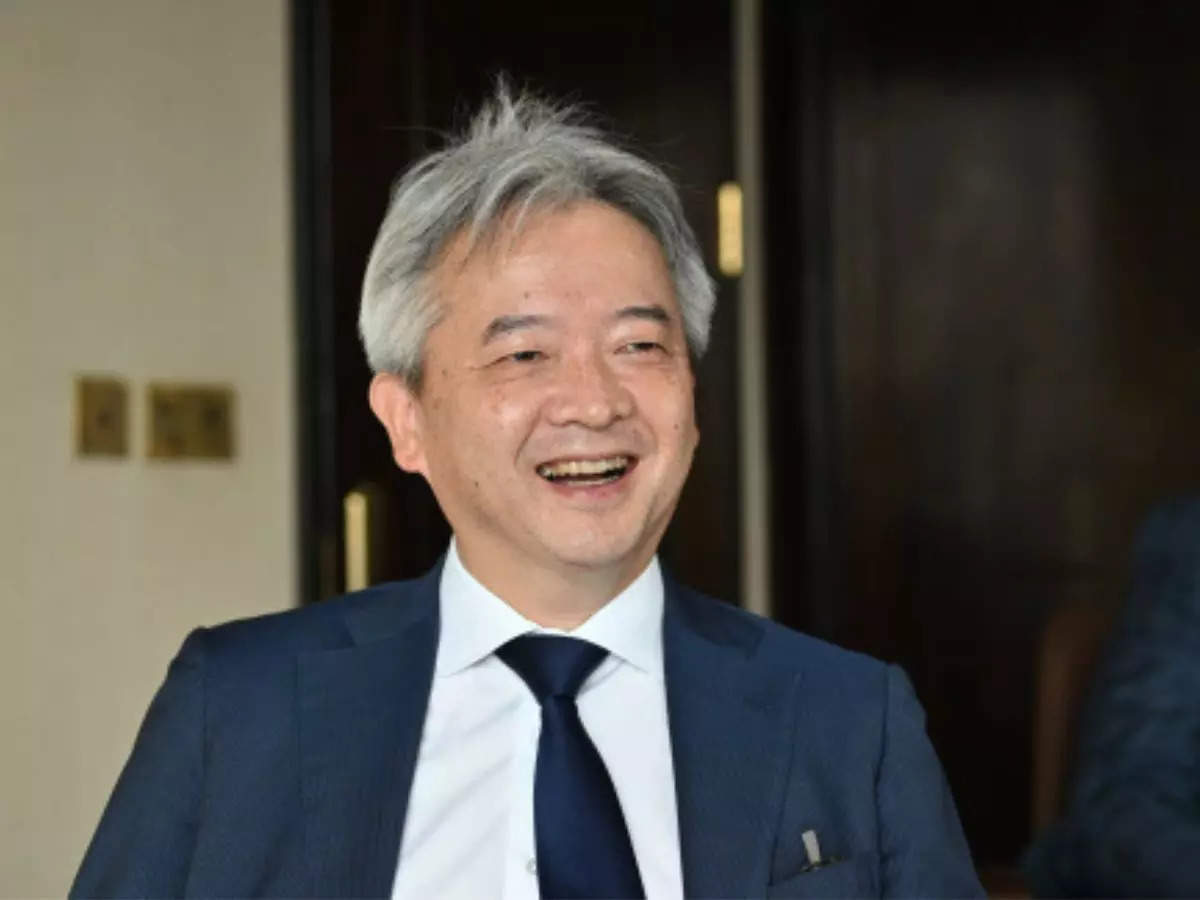
[ad_1]
For the final two years, the worldwide financial system has seen rising rates of interest, excessive inflation and a number of geopolitical tensions. How have these macroeconomic headwinds impacted deal making globally and in Asia?
We noticed an excessive amount of M&A exercise in 2021 earlier than the battle in Europe. Nevertheless, after February 2022, exercise slowed considerably as a result of companies had been involved about their very own companies within the face of rising rates of interest and heightened macroeconomic uncertainty. Equally, international IPO exercise has been muted up to now two years throughout areas. We have seen just a few transactions, however the market continues to be in restoration mode.
One exception has been Japan. It has had sturdy momentum backed by beneficial macro situations. The fairness capital market in Japan has been energetic. Japan-related M&A, together with home transactions, is seeing momentum. Exercise ranges in the remainder of Asia must also choose up because the area advantages from bettering macroeconomic situations and growth-enabling coverage initiatives by governments.
Amid international challenges, how are public market buyers and strategic buyers taking a look at India?
India’s GDP is anticipated to develop at 6.5% and it’s on monitor to change into the world’s third-largest financial system within the medium time period. After the pandemic, India is being seen as a long-term companion in manufacturing and an interesting funding vacation spot for international companies. It is without doubt one of the few economies that provides a mixture of scale and multi-decade progress, pushed by rising home consumption and infrastructure spends. So the chance for abroad companies for strategic cooperation with India may be very interesting.The Japanese inventory market hit multi-decade highs this 12 months. What’s driving the efficiency of the Japanese inventory markets and its financial system?Japanese equities have had a powerful exhibiting in 2023 pushed by three elements: the Japanese financial system shifting out of a deflationary setting; enhancements in company governance; and Japan’s enchantment as a goal for funding diversification inside Asia.
Japan’s financial system is waking up after 3 many years of slumber attributable to two structural adjustments: a resurgence in expectations for finish of deflation with the spring wage negotiations, and market stress. Japan’s progress has been sluggish attributable to deflation, however with enhance in costs and wages, Japan is anticipated to enter right into a progress cycle. Market pressures have emerged this 12 months that would immediate extra environment friendly use of capital by firms. Decreased cross-shareholdings by banks, insurers and different firms in one another have additionally improved company governance.
Do you see the stream of Japanese capital into Indian inventory markets rising considerably?
India gives long-term progress with structural stability, low volatility and sustainable macro elements to Japanese buyers. Japanese retail buyers proceed to take a position into India via MFs. We see growing curiosity from institutional buyers trying to faucet into private and non-private markets in India.
Which sectors do you see attracting probably the most curiosity from international strategic buyers?
India is seeing tailwinds on two main fronts, the primary being the rise in home consumption and the second its emergence as a world manufacturing base. The optimism on these 2 fronts is translating into elevated international curiosity. Consumption-driven sectors like auto, shopper sturdy items, and healthcare are witnessing sturdy progress and attracting international buyers. India has been constructing its functionality in inexperienced vitality and electrical autos. These are interesting sectors for international buyers. The monetary companies business can be witnessing important investments pushed by sturdy financial progress and under-penetration of economic companies.
After Covid, a number of international locations and corporations have been trying to realign provide chains. On this context, how are Japanese corporations, particularly in manufacturing, taking a look at India?
India is engaging as a shopper marketplace for Japanese firms to promote their merchandise and in addition a producing base. Japan and India have traditionally had very sturdy political and financial ties. That is set to proceed on high of continued funding from Japan as corporates globally search for newer locations to broaden their manufacturing bases into.









